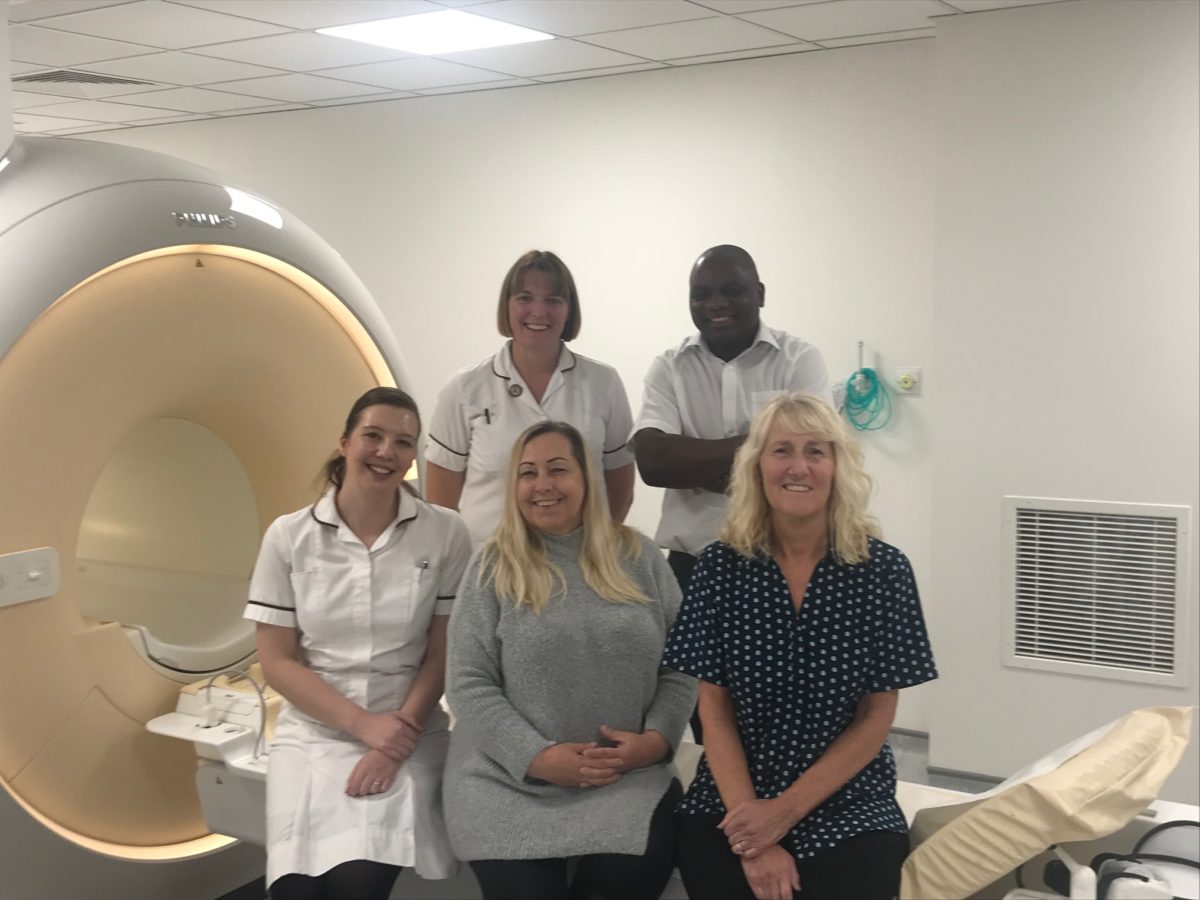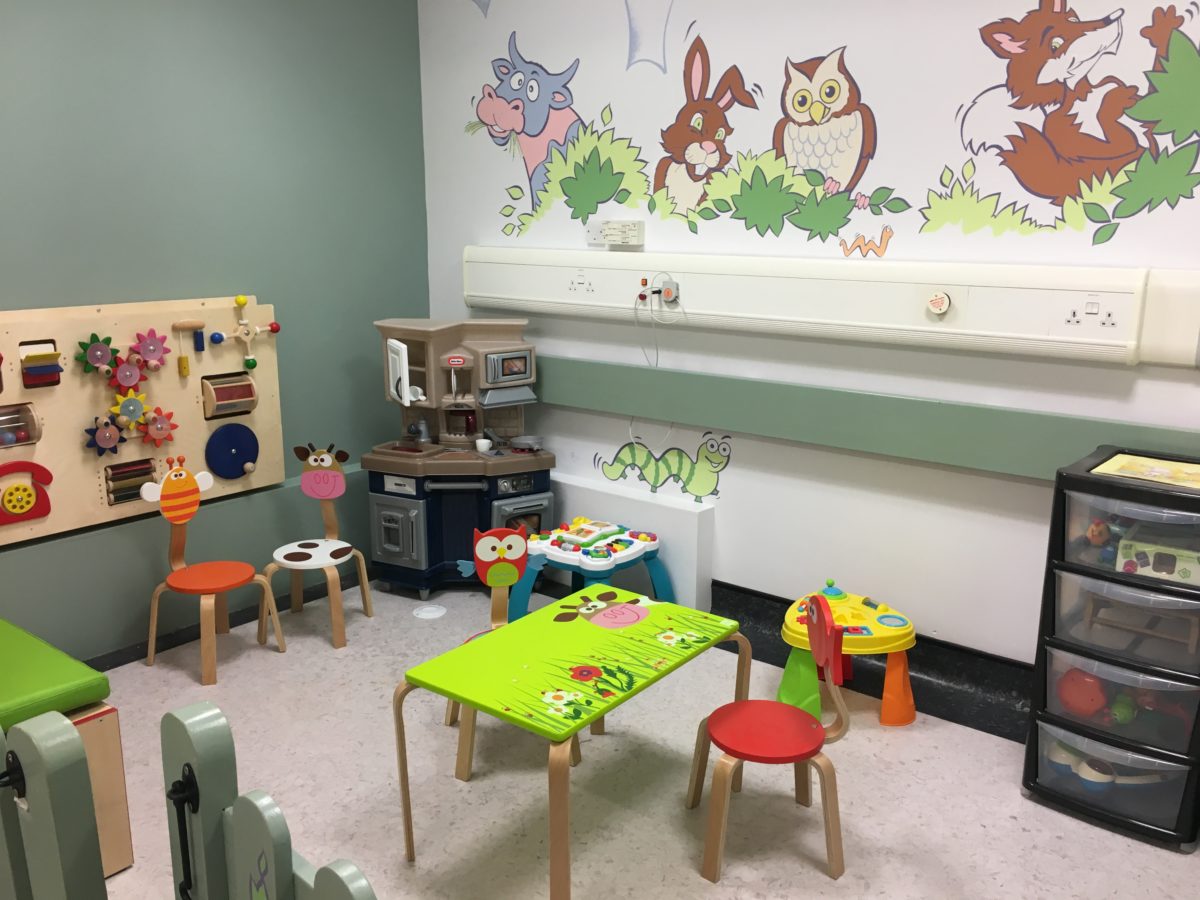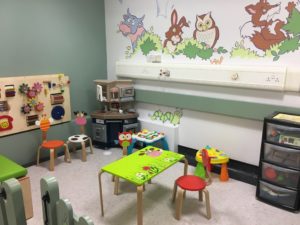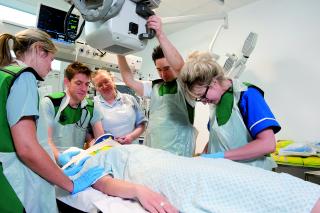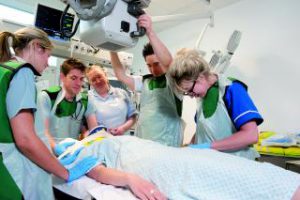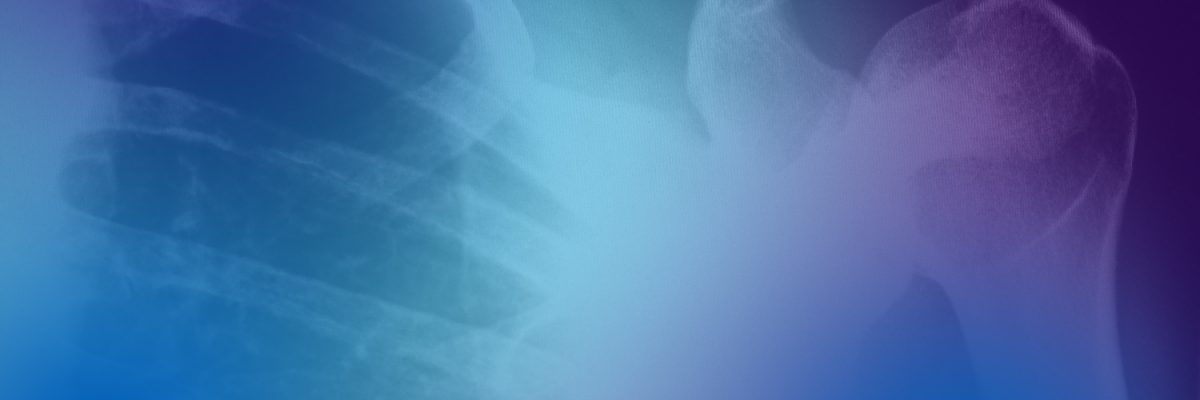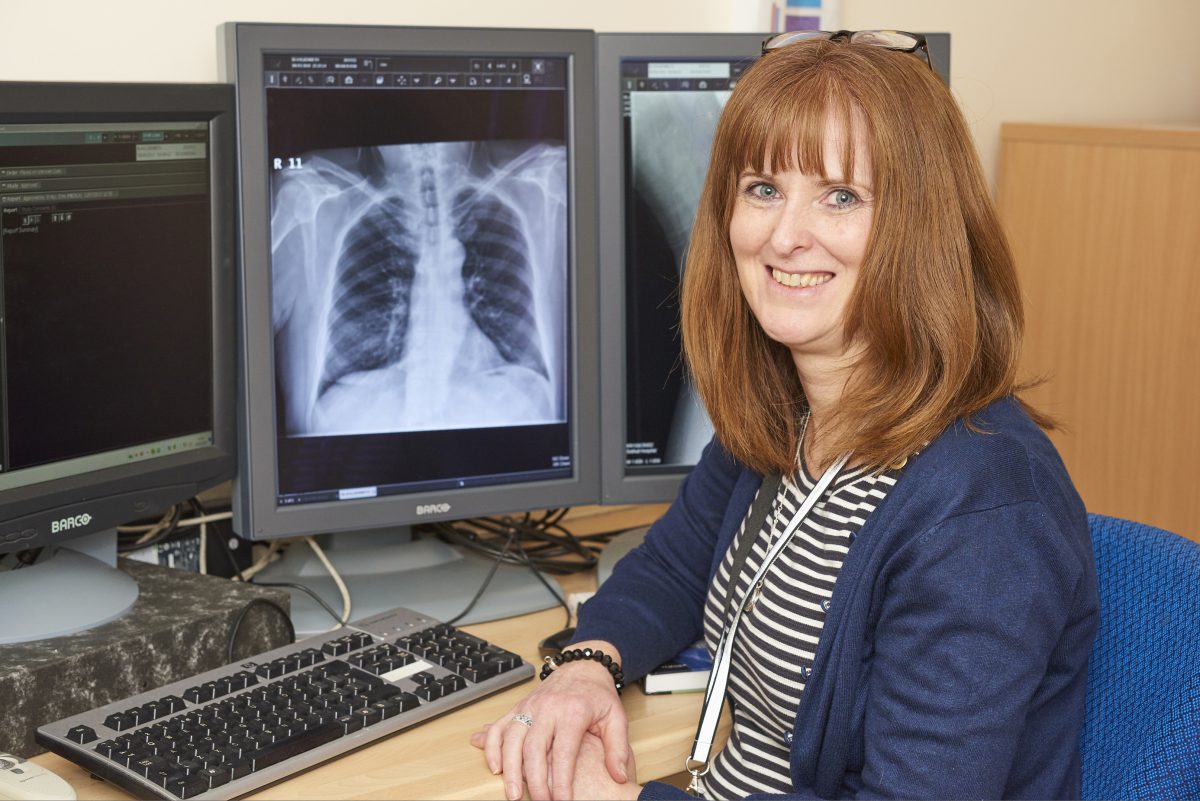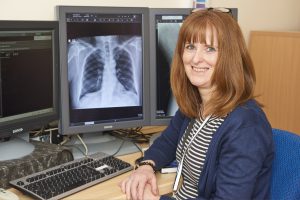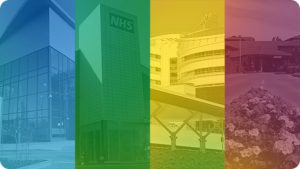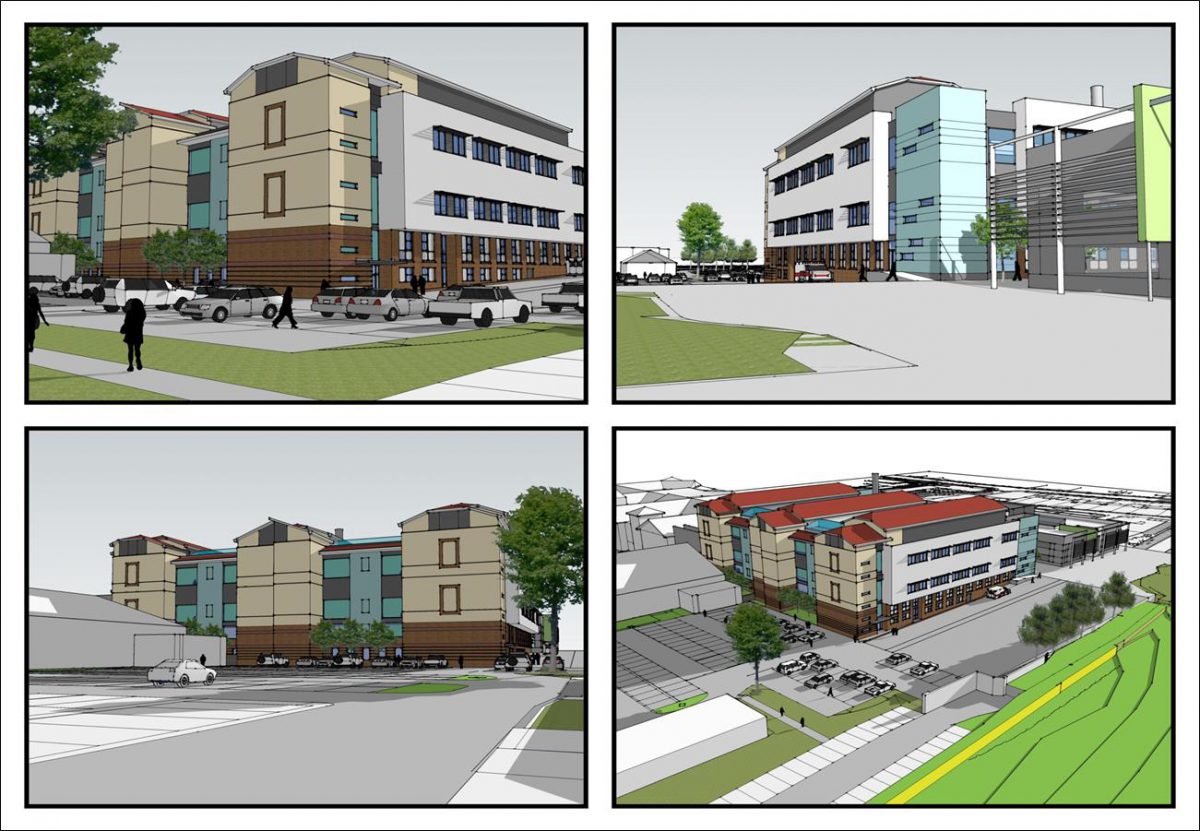 The merger by acquisition of Birmingham’s two largest hospital trusts is to go ahead on 1 April 2018.
The merger by acquisition of Birmingham’s two largest hospital trusts is to go ahead on 1 April 2018.
Plans to bring together University Hospitals Birmingham NHS Foundation Trust – which runs the Queen Elizabeth Hospital Birmingham – and Heart of England NHS Foundation Trust, which manages Heartlands, Good Hope and Solihull hospitals, have been given the green light from the trusts’ respective Boards of Directors, with the decision cleared by both Councils of Governors.
The enlarged organisation will use the University Hospitals Birmingham NHS Foundation Trust name (UHB). All individual hospital and clinic names will remain the same, including the Birmingham Chest Clinic.
The single Trust will have approximately 50,000 Foundation Trust members and employ more than 20,000 members of staff. It will be one of the largest trusts in England treating over 2.2 million patients each year, with more than 2,700 beds across its sites and an estimated annual turnover of £1.6 billion.
The Rt Hon Jacqui Smith, Chair of UHB and interim Chair of HEFT, said:
“The final approval to combine the two trusts is the result of a huge amount of preparation and planning to ensure the new organisation can provide the best possible healthcare to the population we serve.”
Dame Julie Moore, Chief Executive, UHB and interim Chief Executive at HEFT, said:
“The combined expertise of the two trusts will benefit all of our patients and bring added benefits to the local health economy that could not be otherwise achieved.”
The merger by acquisition, proposed in September 2016, had been under consideration by the government’s Competitions and Markets Authority for several months before being cleared in August 2017.
The CMA concluded that, while the merger could give rise to competition concerns across a number of elective specialties, these were outweighed by the substantial improvements to patient care that were expected to arise.
In reaching this view, the CMA placed significant weight on the advice on probable benefits from NHS Improvement, the sector regulator, which strongly supported the merger.
NHS Improvement advised the CMA that HEFT had experienced sustained difficulties in governance, quality of care and finances since 2012, which successive management teams had been unable to address.
It also advised that the appointment of the UHB management to HEFT’s executive team in October 2015 had already given rise to a number of benefits, such as reduced waiting times and improvements in the quality and safety of patient care for all HEFT patients. However, these improvements and a number of other longer-term benefits would disappear without the merger and the continued presence of the UHB management at HEFT.
The CMA found that HEFT would be a relatively weak competitor to UHB without the merger and that both parties were experiencing capacity constraints.
The CMA compared this to the wide-ranging nature of the benefits identified by the hospitals and NHS Improvement, which would benefit most patients at HEFT. It also examined UHB’s track record and the results already delivered at HEFT since October 2015.
NHS Improvement also needed to approve the application following the clearance from the CMA.
It conducted a thorough review of the proposed transaction, assessed the business case and issued an indicative transaction risk rating of Amber, which was expected, and sufficient to enable the Boards to undertake the transaction.
The merged organisation, approved at extraordinary meetings of both trusts’ boards on Monday (Monday March 26) will deliver services to patients in Birmingham, Solihull, Sutton Coldfield and South Staffordshire. It will aim to deliver more equitable patient access to better quality and integrated healthcare across the footprint of the new merged Trust, through Heartlands, Good Hope, Solihull and the Queen Elizabeth hospitals.
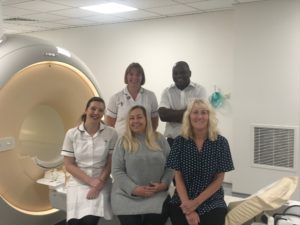 Patients are to benefit from a new MRI scanner at Solihull Hospital which is much wider, quieter and has the option of feet first scans for many, helping to reduce the feeling of claustrophobia and anxiety that can often come with a scan and makes the procedure much less daunting.
Patients are to benefit from a new MRI scanner at Solihull Hospital which is much wider, quieter and has the option of feet first scans for many, helping to reduce the feeling of claustrophobia and anxiety that can often come with a scan and makes the procedure much less daunting.

